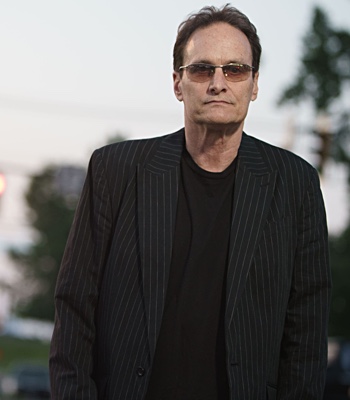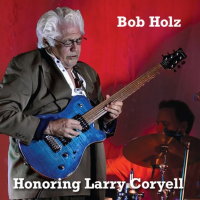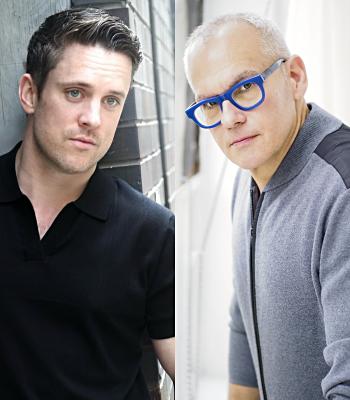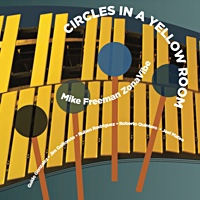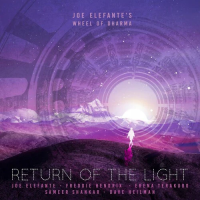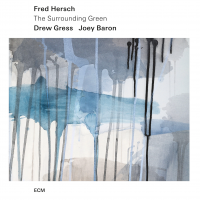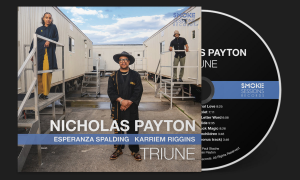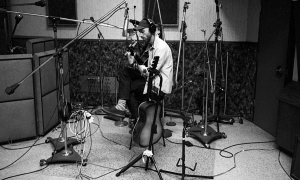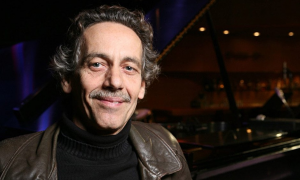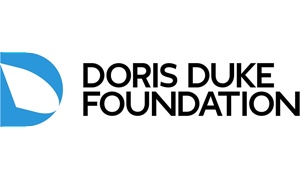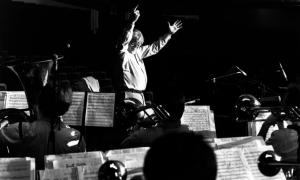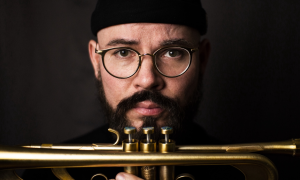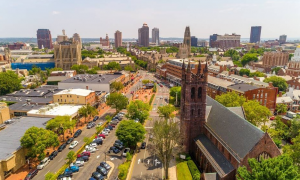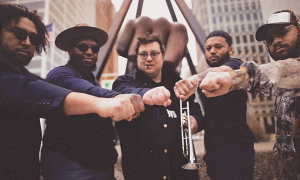While Internet radio stations have come to an agreement over music royalty rates, the debate over whether traditional radio stations should also pay up rages on. The Senate Judiciary Committee was the latest panel to play referee during a Tuesday hearing.
The current royalty rate structure means that “innovative new businesses … compete at a disadvantage with other music delivery services," said Sen. Dianne Feinstein, a California Democrat, and co-sponsor of the Performance Rights Act.
At issue is whether terrestrial radio stations should pay artists to play their songs on the radio. Traditionally, broadcasters have paid royalty rates to songwriters but not to artists. Broadcasters argue that exposure on their stations drive the careers of these musicians and lead to other lucrative opportunities like record sales and profits from world tours and merchandise. Artists groups, however, argue that this is unfair to artists with more modest careers or whose songs continue to get airplay decades after they climbed the charts.
The Performance Rights Act, therefore, would require terrestrial radio broadcasters to pay performers royalties for the use of their songs – much like cable and Internet music services are already required to do.
The National Association of Broadcasters (NAB) is not on board. Since the bill's introduction in February, the group has waged a very public battle against the legislation, launching an ad campaign against the bill, and persuading a number of members of Congress to voice their opposition to the proposal.
Artists, meanwhile, led by the musicFIRST coalition, have pulled in the support of some high-profile musicians, including U2 frontman Bono and Billy Corgan of the Smashing Pumpkins.
Steve Newberry, joint board chairman of NAB, argued Tuesday that an additional royalty payment to artists would be financially ruinous to struggling broadcasters.
The current royalty rate structure means that “innovative new businesses … compete at a disadvantage with other music delivery services," said Sen. Dianne Feinstein, a California Democrat, and co-sponsor of the Performance Rights Act.
At issue is whether terrestrial radio stations should pay artists to play their songs on the radio. Traditionally, broadcasters have paid royalty rates to songwriters but not to artists. Broadcasters argue that exposure on their stations drive the careers of these musicians and lead to other lucrative opportunities like record sales and profits from world tours and merchandise. Artists groups, however, argue that this is unfair to artists with more modest careers or whose songs continue to get airplay decades after they climbed the charts.
The Performance Rights Act, therefore, would require terrestrial radio broadcasters to pay performers royalties for the use of their songs – much like cable and Internet music services are already required to do.
The National Association of Broadcasters (NAB) is not on board. Since the bill's introduction in February, the group has waged a very public battle against the legislation, launching an ad campaign against the bill, and persuading a number of members of Congress to voice their opposition to the proposal.
Artists, meanwhile, led by the musicFIRST coalition, have pulled in the support of some high-profile musicians, including U2 frontman Bono and Billy Corgan of the Smashing Pumpkins.
Steve Newberry, joint board chairman of NAB, argued Tuesday that an additional royalty payment to artists would be financially ruinous to struggling broadcasters.

